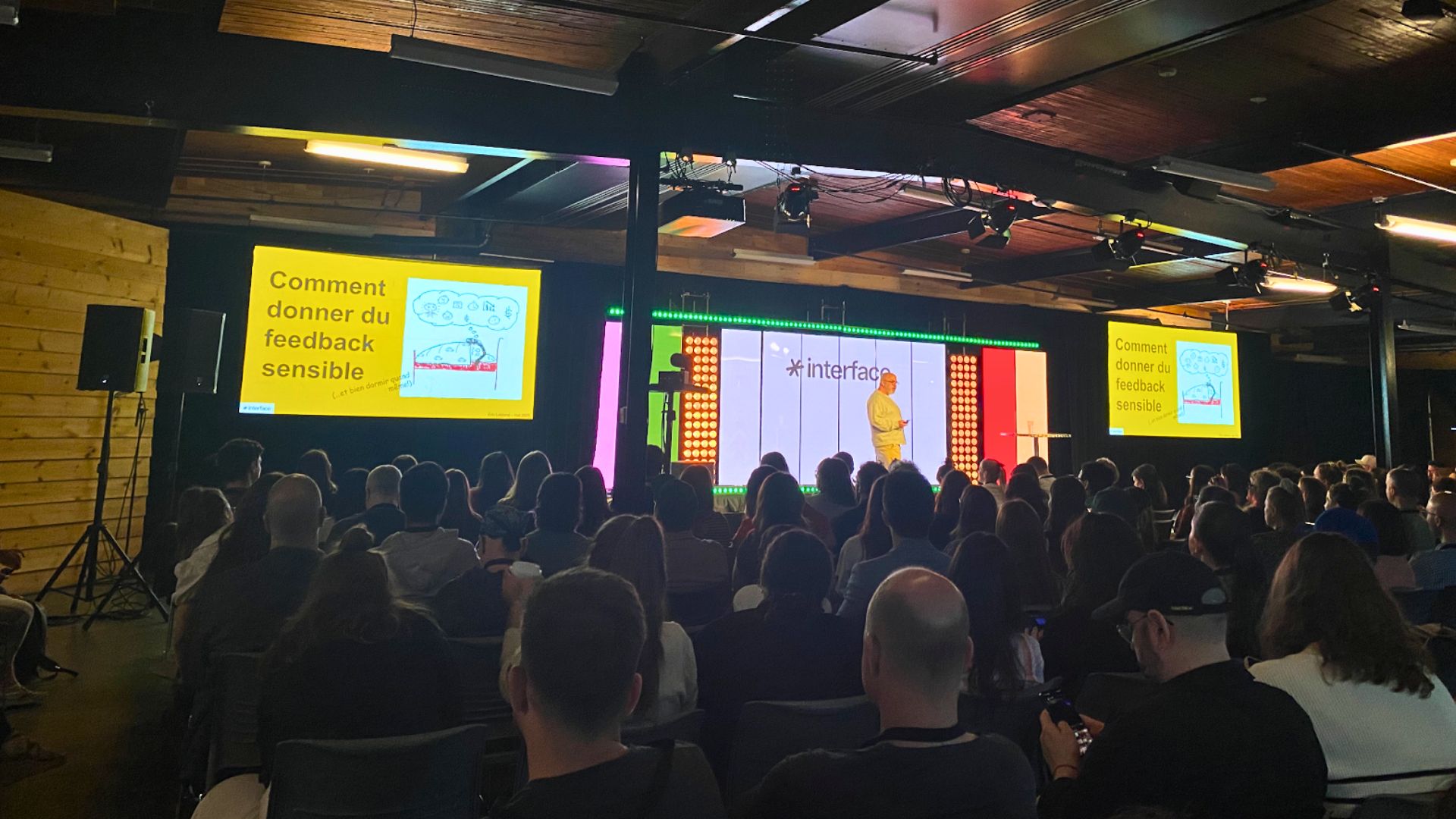Par Claudine Leclerc et Nathalie Krikorian, conseillères pédagogiques en mathématique au secondaire au Centre de services scolaire de Montréal https://cybersavoir.csdm.qc.ca/mat-sec/
Un vent de changement souffle sur les pratiques d’enseignement et d’évaluation des enseignants de mathématique au secondaire du Centre de services scolaire de Montréal (CSSDM). En effet, les contraintes liées à la pandémie et à l’obligation d’enseigner à distance ont suscité des questionnements et des réflexions sur plusieurs sujets, et plus spécifiquement sur l’évaluation.
Plusieurs formations ainsi que des outils ont été offerts aux enseignants de mathématique du CSSDM pour les soutenir durant cette pandémie. Des centaines d’enseignants se sont formés à distance, le soir après les classes. Les ressources utilisées lors des formations se retrouvent dans ce Genially :

Voici les différents sujets abordés!
Planifier l’alignement pédagogique et évaluatif en se questionnant
- Qu’est-ce que les élèves doivent apprendre?
- Quels sont les apprentissages visés?
- Quelles activités ou tâches permettront aux élèves d’apprendre et de développer les compétences?
- Quelles tâches permettront à l’enseignant de savoir si les élèves ont appris?
- Quelles preuves seront pertinentes pour le jugement?
La planification est primordiale pour structurer et orienter les interventions pédagogiques.

Identifier les tâches et les activités d’apprentissage et d’évaluation
- Choisir des tâches en cohérence avec les apprentissages visés.
- Choisir des tâches qui permettent le développement des compétences.
- Choisir un bon problème qui incite à la réflexion, aux échanges (discussions mathématiques) et qui se prête à l’utilisation d’une variété de stratégies.
- Varier le type de questions, le type de tâches et les outils technologiques (Menu Math, Open Middle, Math en 3 temps, tâches créatives, Desmos, GeoGebra, etc.).
Sortir du « modèle évaluatif » découlant des évaluations préconisées par le ministère de l’Éducation a permis aux enseignants de réaliser la richesse de certaines tâches et la motivation des élèves face à de nouveaux défis. Faire vivre des tâches plus courtes et rendre l’élève plus actif dans ses apprentissages a été un point tournant au niveau des changements de pratique.
Dans une classe de mathématique, on devrait voir des élèves qui discutent en équipe, qui raisonnent, qui collaborent, qui utilisent des ressources variées (des technologies, du matériel de manipulation, etc.), des élèves qui ont du plaisir à résoudre des problèmes.
À voir : Référentiel d’intervention en mathématique
Développer et évaluer les compétences autrement à travers une tâche
Voici les aspects à considérer :
- Identifier l’intention d’apprentissage;
- Identifier les composantes à travailler et les critères d’évaluation;
- Identifier le moment dans la séquence pour faire vivre la tâche.
Le constat majeur des enseignants a été de réaliser qu’une même tâche (ou à quelques différences près) pouvait développer la compétence 1 ou la compétence 2, selon les composantes et les critères ciblés ainsi que la façon de piloter la tâche.
Vidéo à voir : Évaluer les compétences
Recueillir des preuves d’apprentissage
Pour aider à la cueillette de preuves, des grilles variées ont été mises à la disposition des enseignants. Les enseignants peuvent s’en inspirer et les ajuster à leur besoin.
Porter son jugement
Finalement, les enseignants ont réalisé, encore plus avec la pandémie, que le jugement ne résulte pas seulement du cumul des différents résultats obtenus par l’élève tout au long de l’année, mais que celui-ci est davantage un regard que l’on porte sur la progression et la compréhension de l’élève.
- Évaluer par triangulation
- Évaluer avec les critères d’évaluation
- Offrir aux élèves plusieurs opportunités de démontrer leurs compétences plusieurs fois durant l’année
- Fournir des occasions aux élèves de revenir sur leurs difficultés
- Fournir de la rétroaction aux élèves régulièrement pour :
- les informer sur leur progression;
- leur permettre de savoir ce qu’ils sont en mesure de faire;
- leur faire connaître les moyens de s’améliorer;
- maintenir leur engagement et soutenir leur persévérance.
On ne peut pas tout changer en même temps, mais utilisons cette année particulière pour amorcer des réflexions et faire de petits pas vers un changement de pratique à long terme. Les formations au CSSDM se poursuivront l’année prochaine.
—
La question de l’évaluation est sur toutes les lèvres! C’était d’ailleurs l’un des thèmes au cœur du numéro du printemps 2021 du magazine l’École branchée, qu’on peut se procurer ici.
Vous pouvez aussi recevoir notre alerte courriel pour être informé(e) par notre conseiller pédagogique virtuel chaque fois que nous publierons des articles sur ce thème!















